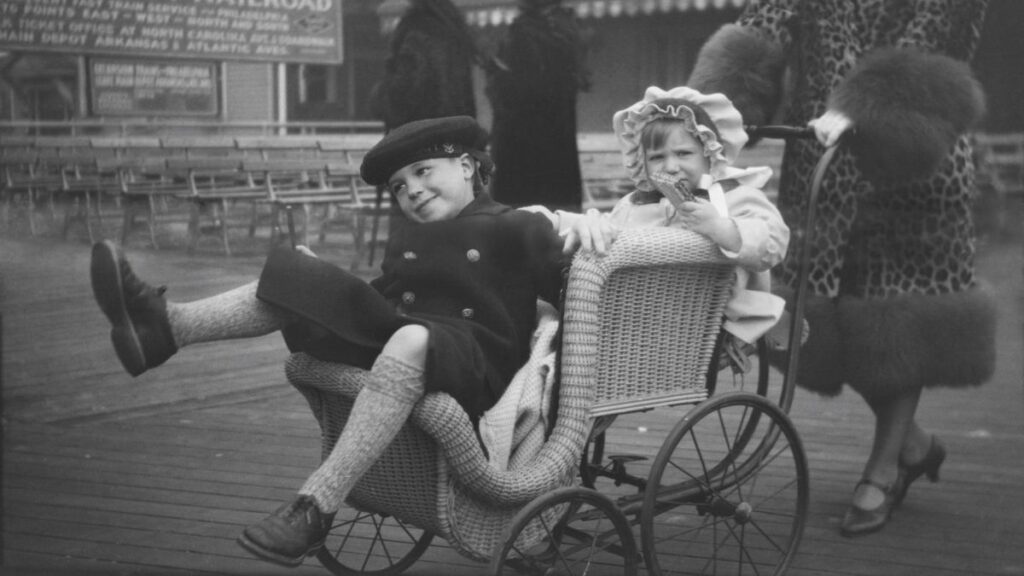Here are some questions whose answers can reveal a lot about your career trajectory.
Are you the oldest or the youngest sibling or an only child?
A growing body of economic literature has shown that some siblings have better economic prospects than others, and a new study finds that this has been the case for more than a century.
“It’s good to be first,” said Siobhan O’Keefe, an economist at Davidson College and co-author of a new study published by the National Bureau of Economic Research.
The researchers combed through U.S. Census Bureau data going back to the mid-1800s. O’Keefe said the census is a great way to learn about economic situations at a family level: “Where did they live, who did they live with, what was their occupation, did they own the home they’re living in,” he said.
O’Keefe used the data to track siblings over 10-year periods from childhood through workforce age.
She found that older siblings’ life outcomes were measurably different.
“First-borns end up moving up the employment ladder a little bit,” O’Keefe says. “They earn more money. They’re more likely to get management positions or white-collar jobs.”
Other studies have found that women who have their first child are less likely to become pregnant as teens and more likely to join the workforce. Overall, siblings who have first children “always tend to be a little bit better off,” O’Keefe said.
The economic advantage that older siblings seem to enjoy has its own economic term: the eldest-born premium, and it applies to only children too.
So why do firstborns seem to have the advantage? O’Keefe says it has to do with parental investment in the first few years of a child’s life.
“Having more time with caregivers — more resources — is crucial,” O’Keefe says. “If I’m a first-born, I’ll have 100 percent of my parents’ time at a time that’s so important for my development.”
The second-born sibling might be lucky enough to get 50%, and the third, fourth, and so on get smaller and smaller shares.
Of course, it is important to note that there are some caveats to this kind of research, as many younger brothers and sisters are quite successful on their own.
“The first thing I always say is that this is an average,” said Sandra Black, a Columbia University economics professor who has studied the first-child premium and was not involved in O’Keefe’s work.
Using data from Norway, Black found that older siblings generally stay in school longer than younger ones. “Going from a first-born to a fourth-born reduces the number of years of education by about three-quarters of a year,” Black says. “So it’s not a huge difference, but it’s important.”
O’Keefe adds that historically, the first-born premium has been more pronounced among white families than among black families, who have been completely excluded from high-paying career paths: “To get the first-born premium, you have to be able to climb the ladder.”
Italian research suggests that the eldest-born premium can be overcome over time. Giorgio Brunello, an economist at the University of Padua, says this is because younger siblings behave differently in the labour market: “They are more likely to take risks, they are more likely to change jobs in the labour market.”
Switching jobs is usually a faster route to higher income than staying put: Brunello found that younger siblings in Italy close the earnings gap with their older siblings after about 10 years of working.
Although being the first child certainly has an economic advantage, Brunello has a message for all his younger siblings: don’t give up.
There’s a lot going on in the world, and Marketplace is here for you.
Marketplace helps you analyze world events and bring you fact-based, easy-to-understand information about how they affect you. We rely on your financial support to keep doing this.
Your donation today will help power the independent journalism you rely on: For as little as $5 a month, you can help sustain Marketplace and continue covering the stories that matter to you.

